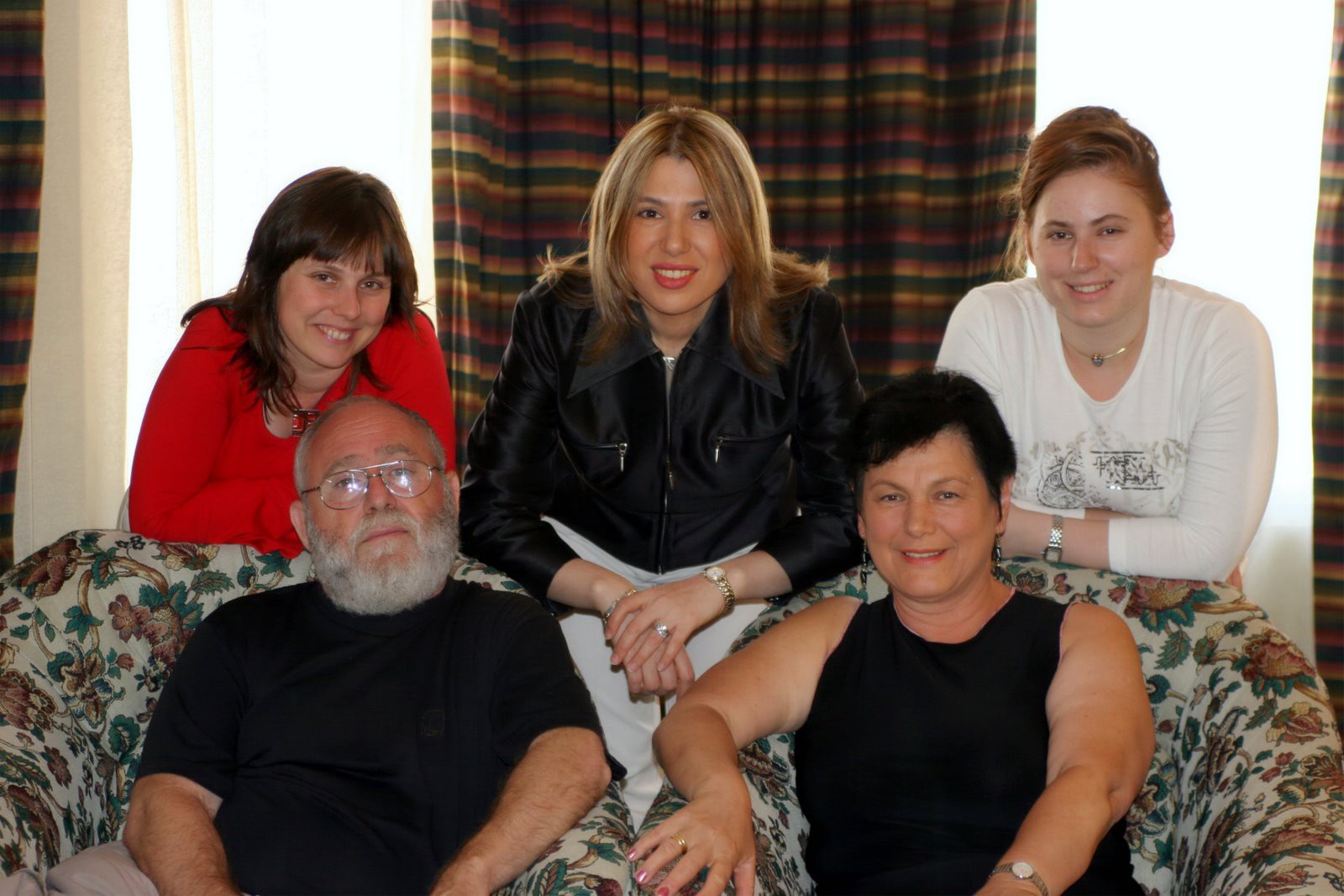
Book Review: "How I Beat Fischer's Record" - by GM Judit Polgar!
Today I have the pleasure of reviewing Grandmaster Judit Polgar's new book, How I Beat Fischer's Record for our community here on Chess.com - and I must say I found Judit's work refreshingly honest, surprisingly inspiring, and undeniably as instructive as any "best games"-themed book I have read in a very long time.
Without naming names, I will be straightforward: I have often found "best games" collections by still young/active grandmasters to be, well, "thrown together" in an effort to make a quick buck. Not that I blame anyone for seizing the time to capitalize on their current popularity. That said, I am of the opinion that it often isn't until a great player has had a few years to reflect on their careers that they can create a great games collection and truly tell their story.
.

I can say with 100% authenticity that this is not the case with Judit Polgar's new book. I believe there are actually several reasons for this, from the format in which she chooses to present her games, to the manner and tone in which she tells her childhood chess story. I will review those points in more detail here today, but before I do, I just want say I thouroughly enjoyed this book on a personal level, and am thankful for the opportunity to review it for all of you!
I knew when I started reading this book that I was reviewing the games of one of the most exciting, attacking players of all time - so I was sure to have fun  - but having no prior knowledge of the book, I was pleasantly surprised to find a highly original presentation and format waiting for me:
- but having no prior knowledge of the book, I was pleasantly surprised to find a highly original presentation and format waiting for me:
Judit organizes the games and critical moments of her young career (the book follows her journey up to 1991 - when she broke Fischer's record) in a "chess education/patterns theme" (like "Mating Nets" and "Pawn Play" among other instructive chess themes) rather than simply a chronological retelling of events. This format proves perfect in allowing Judit to explain her own growth from a tricky young tactician into a more mature, strategically powerful grandmaster - yet one who still possessed the brilliantly dynamic edge that made her famous.
.

This is not to say that Judit's positional and strategical understanding as a young player weren't already way ahead of the curve, but as she admits herself, she often "played fast, getting overly excited with her own ideas" and it wasn't until she was beaten positionally (and sometimes at her own game of "resourceful tricks") a few times that she learned to appreciate some of the "finer things" the game of chess had to offer. These trials are relayed in detail in the book, and help readers relate to Judit's story in a real way.
These points, along with many others, are relayed so honestly that it's hard not to feel like you're growing up along with her as you read the book. You love when she pulls a fast one over an opponent, as she did here:
I have included many of the critical variations and annotations by Judit below...
.
BUT you also feel her pain when she falls victim to a trick herself, as here:
Again, I have included many of her notes and comments, though not all...
.
Judit gently criticizes herself, suggesting that one major negative consequence of her tactical vision was a feeling that "no matter how bad a position got, she could always save it with some sort of swindle": an admission that she may have relied too much on her "tactical talents" at times.
These are the moments that make the reader feel like they can learn (and are learning) from Judit's experience. And as further proof this book offers far more than just a recap of her own victories, she often provides examples from famous puzzles and games that influenced her - and shines a light on her own training as a child (along with her sisters and her father's famous training techniques).

As she puts it, "Once you become familiar with lots of such surprising setups, by solving thousands of specific exercises, spotting mating combinations ... becomes much easier". Indeed, she even surprises herself from time to time as she looks back on her games as a young player, noting that the art of finding hidden, often amazing ideas was as "natural as having breakfast"  and must have had something to do with her training...
and must have had something to do with her training...
Here are a few of my favorites in regards to positions/games she provided that were not her own:
In Chapter 4 (theme of Zwischenzug), after providing a relatively simple example from a game of her own, she offers a more complex version of the same idea - taking the opportunity to really drive the lesson home for her readers rather than focus solely on her own games.
.
After reviewing an amazing Knight endgame that culminated in an awkward smothered-style mate of the White king in the middle of the board (you'll have to get the book to see that one  ) she recalls one of her favorite puzzles of a similar nature:
) she recalls one of her favorite puzzles of a similar nature:
.
Whether she's telling personal, often funny and heartfelt stories from her youth or reviewing a few of her favorite games from that particular time period or tournament, Polgar is also always making sure the reader is learning about the relevant chess theme or pattern. And it's a joy to read!
You are led happily through Judit's early chess journeys, and it all leads to the final two chapters of her own "Memorable Games" (Chapter 14) and finally, the full review of the strongest tournament she had the opportunity to play at the time, with Chapter 15 "Amsterdam 1989 OHRA Tournament Diary".
Without spoiling more  , I'd like to end my review by providing two of my favorite games (annotation free this time) from the above mentioned final two chapters. First, a game I enjoyed from a tournament she played in New Delhi, India - 1990:
, I'd like to end my review by providing two of my favorite games (annotation free this time) from the above mentioned final two chapters. First, a game I enjoyed from a tournament she played in New Delhi, India - 1990:
.
And finally, an easy choice! Here's the game that won Judit the best game prize at the OHRA Invitational Tournament in Amsterdam:
.
As with all the other games in those final two chapters, Judits annotations and comments make reviewing the games easy, fun and educational.
To sum it all up, I highly recommend this book for players of all levels! Instructional, inspirational, and highly educational!
.
Judit will be answering questions about her book, her new app for kids, her career, her annual event in Budapest with her sisters, and more on Sunday (March 31st) with me on Chess.com/TV!







